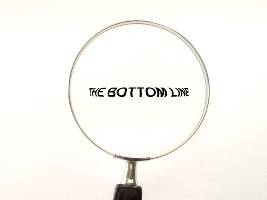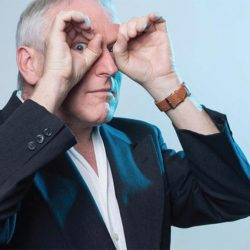April 8, 2013
Public sector property initiatives have proved successful but work still needed
 There was a time, not so long ago, when nobody worried too much about the shape of the rooms that led off the corridors of power. But the pressure on UK finances has politicised the design of the UK’s public buildings. The latest example of this was the recent announcement in Parliament of a report that, amongst other things, called for a new approach in the way facilities are designed to deliver better services in a more cost effective way. The report Restarting Britain 2: Design and Public Services was the result of an eight-month investigation led by the Design Commission along with politicians, designers and civil servants.
There was a time, not so long ago, when nobody worried too much about the shape of the rooms that led off the corridors of power. But the pressure on UK finances has politicised the design of the UK’s public buildings. The latest example of this was the recent announcement in Parliament of a report that, amongst other things, called for a new approach in the way facilities are designed to deliver better services in a more cost effective way. The report Restarting Britain 2: Design and Public Services was the result of an eight-month investigation led by the Design Commission along with politicians, designers and civil servants.



























May 10, 2013
The biggest challenge is building flexibility into an office design
by Mark Eltringham • Comment, Facilities management, Workplace design
More →